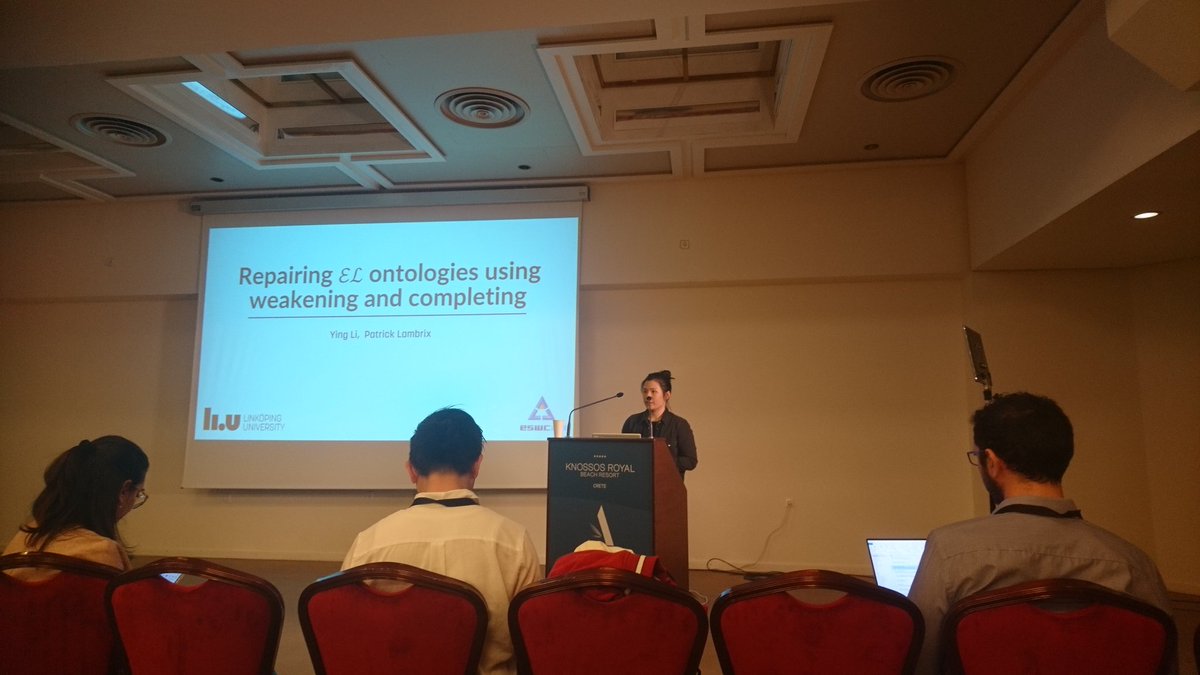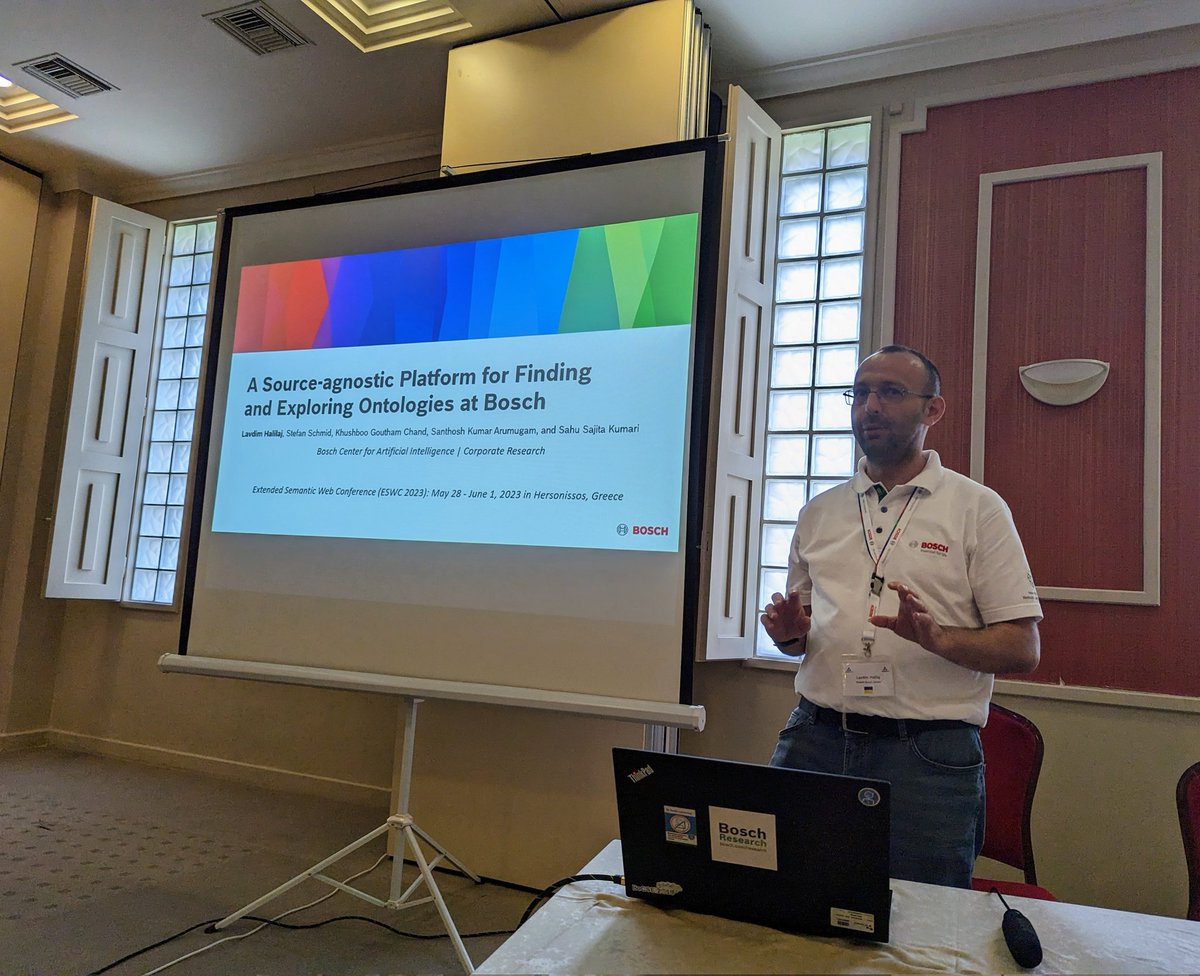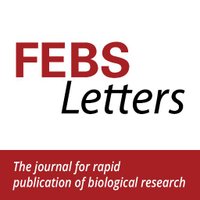
📣 Special Issue Now Live
🏅 A collection of timely reviews
🧬 Spanning multiple fields of study including #structuralbiology and #membranebiology
✅ Edited by Jacqueline Cherfils CNRS 🌍
FEBS
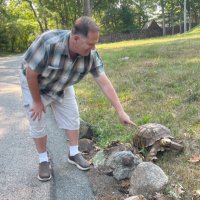

Eric Michael Murphy If you wish to debate CvC and are not thinking about sino-Marxism at the systemic level of dissimilar ontologies and epistemologies, you may be missing my point.





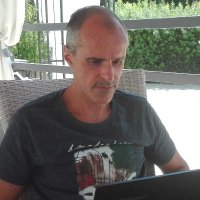
' #ontologies - what they are & where to look'
Highly interactive talk w/ several questions for Ronald Cornet, César B. & the other speakers
Istituto Superiore di Sanità Amsterdam UMC
ELIXIR Italy BBMRI-ERIC
BBMRI_it EOSC-Life ECRIN
#Data #Data Science #FAIR #datamanagement #malattierare


<What is an event?> is one of the questions that Rajesh Piryani is trying to answer in his paper 'Comprehensive Survey on Ontologies about Event' #semmes2023


My response to Timothy Troutner's Five Theses on Apophaticism. The essential question of #Apophaticism is the dialectical reversal of hyper-negative judgments. Where others would urge speculative caution, I argue we should stare this hyper-negative in the face, and 'tarry with it'.



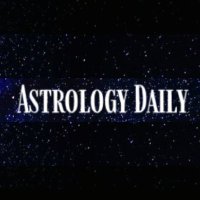
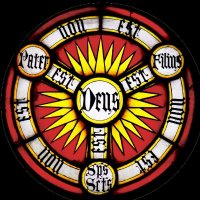
A new #TrinitarianTheology response to Timothy Troutner's 'Five Theses on #Apophaticism ' in Theopolis Institute.
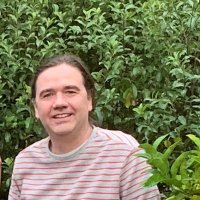

In case you missed it- an incredibly interesting 🧵about #LLM and #ontologies , specifically the #GeneOntology , from our very own Chris Mungall! Read more about SPINDOCTOR at arxiv.org/abs/2305.13338

Many times we have to work with existing #databases , so instead of migrating the contents to our Entities in #OnesaitPlatform , we can directly connect to them remotely.
We explain how on our blog 📝⬇️
blog.onesaitplatform.com/en/2020/05/29/…


Martin Krallinger Very nice! Biomedical ontologies can be so much helpful to gather, research and explore new techniques! We have talked about it here:
twitter.com/DatavidML/stat…

Dr. Craig explains 5 areas that science cannot account for! #Apologetics #ScienceVReligion

On this #DayOfDH2023 we're delighted to announce the addition of over 2,000 editions to the #OpenScholarship and #DSE platform #PRISMS . Read more about the project here:
prisms.digital
Day of DH #DayofDH #SemanticWeb #LOD #RDF #SPARQL #ontologies #KnowledgeBase


Tarantino Toes Telescope Tetrahedron Dense search is and always has been based. And using RLHF LLMs to create semantic ontologies is :o

We are proud that the paper 'Classifying sequences by combining context-free grammars and OWL ontologies' by Nicolas Lazzari, Andrea Poltronieri and Valentina Presutti is one of the best paper nominees of ESWC Conferences #semweb




